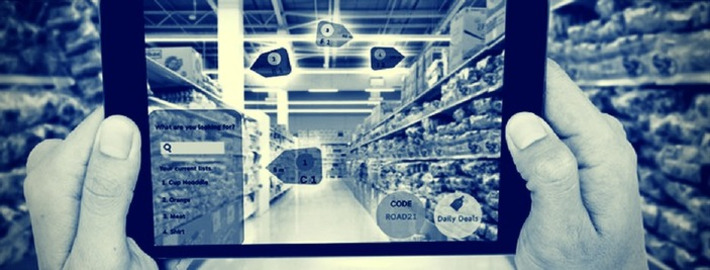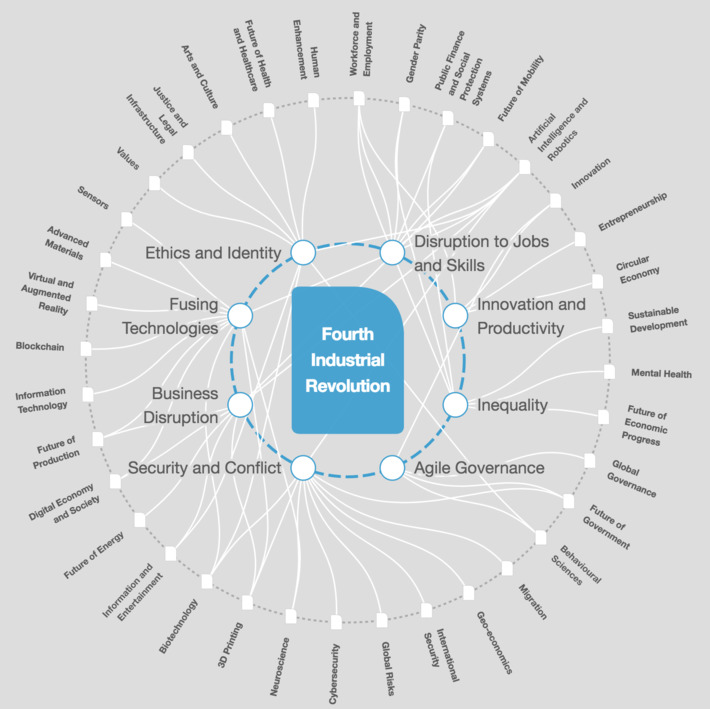In this article, we cover a variety of examples in which AI is being integrated in the retail industry, broken down into the following sub-categories: Sales and CRM Applications, Customer Recommendations, Manufacturing, Logistics and Delivery, Payments and Payment Services

|
Scooped by Farid Mheir |





 Your new post is loading...
Your new post is loading...
















WHY IT MATTERS: some of the use cases may be far fetched but still give a good idea of what is possible (not necessarily what is useful...). Good to know nevertheless.